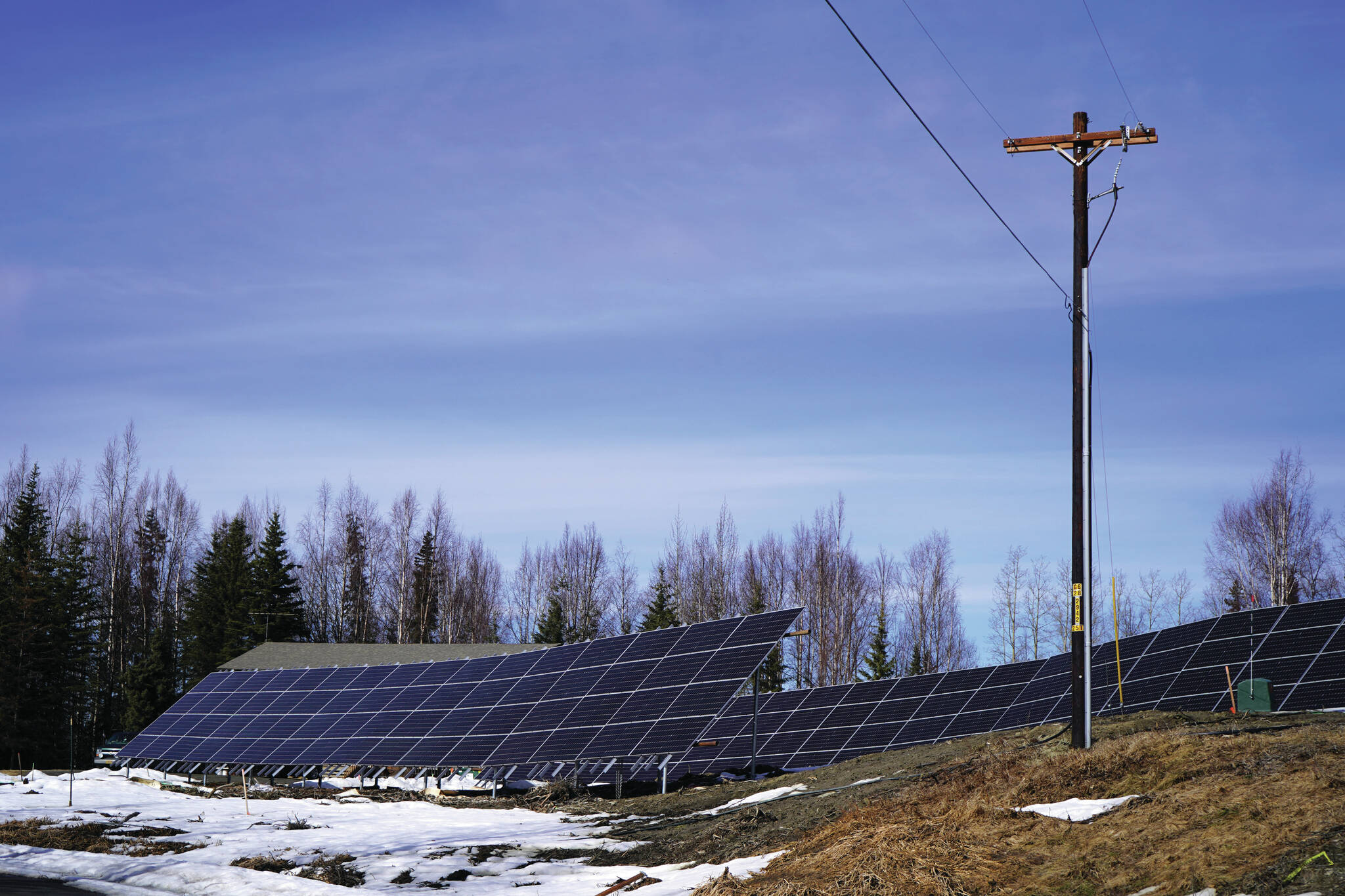In 2008, the 25th Legislature unanimously approved the Renewable Energy Fund (REF) competitive grant program. More than 15 years later, REF remains an integral part of Alaska’s toolkit for exploring, developing, and integrating renewable energy in Alaska. By statute, REF is administered by the Alaska Energy Authority (AEA), a public corporation of the State of Alaska. AEA serves as the State’s energy office and lead agency for statewide energy policy and program development with the mission to “reduce the cost of energy in Alaska.”
Created to diversify Alaska’s energy generation portfolio by harnessing Alaska’s vast renewable energy potential, REF is a proven vehicle for realizing the long-term benefits of renewable energy. Such benefits include mitigating Alaskan communities’ reliance on carbon-based fuels such as diesel and natural gas, which are subject to price volatility; reducing harmful airborne particulate matter through the offset of diesel generation; lowering and stabilizing the cost of energy through fuel savings via offset by low-cost renewable generation; increasing energy security; and creating jobs through continued investment statewide.
To date, REF has secured more than $317 million in state-appropriated grant funding. REF’s benefits are presented in an independent impact analysis conducted by BW Research Partnership, a third-party research consultancy, completed in December 2023 on behalf of AEA. Per the report, REF has offset approximately 85 million gallons of diesel fuel (e.g. five percent of all petroleum consumed in Alaska in 2021), 2.2 million cubic feet of natural gas, and 1,063,500 net metric tons of carbon dioxide. Furthermore, cumulative net energy cost savings are estimated at $53 million, with the avoided cost of fine particulate matter (PM2.5) from offset emissions estimated to range from $29 to $40 million. REF’s impact on Alaska’s workforce is estimated at 2,931 added jobs.
REF has also catalyzed investment in renewable energy development with over $300 million secured in non-grant funds. REF funds have been utilized as match for federal funding, to incentivize local contributions, and applied as capital to loans via AEA’s Power Project Fund. With the passage of the Federal Government’s Infrastructure Investment and Jobs Act and the Inflation Reduction, REF’s ability to leverage additional investment continues to grow, as seen with the Department of Energy’s recent announcement of $125 million for solar and hydroelectric projects in rural Alaska. Several of these projects benefited from seed money from REF totaling almost $12 million.
REF is unique in its ability to fund all phases of project development from reconnaissance and feasibility studies to design and construction, encouraging prudent investment practices. The eligibility of both nascent and proven technologies under REF is a boon for projects applying innovative technologies, or adaptations to existing technology.
In May 2023, with support from the 33rd Legislature, Governor Dunleavy renewed REF into perpetuity with House Bill 62. This renewal attests to the Governor and state legislators’ recognition of the efficacy of REF, its complementary nature to energy policy priorities, and the economic benefits statewide, with more than 80 percent of grants awarded to non-Railbelt communities. With affordable energy, diversified energy generation, and energy security at the forefront of Alaska’s energy transition, REF remains an established program to address these complex challenges.
AEA, in partnership with its Board of Directors, the Governor, and the Legislature will continue to strive to deliver affordable, reliable, and sustainable energy to provide a brighter future for all Alaskans.
Curtis W. Thayer serves as the executive director of AEA, a public corporation of the State of Alaska governed by a board of directors with the mission to “reduce the cost of energy in Alaska.”

